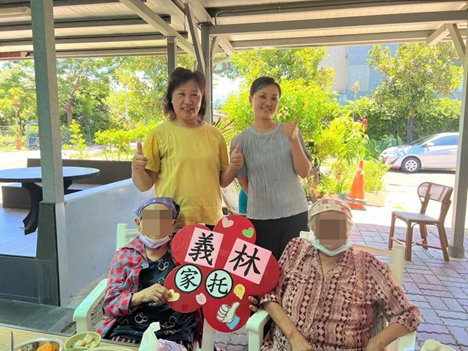Experts say caregiving for the elderly must become and be seen as a well-paid, professional skill
PINGTUNG — With 21.21% of its residents now over the age of 65, Pingtung County has officially entered the ranks of a “super-aged society,” driving up demand for long-term care workers. UDN reports that increasingly, members of the younger generation are stepping into the field — not only as caregivers, but also as nurses, social workers, nutritionists, therapists, and administrators — bringing new energy and professionalism to the sector.
The county’s Long-Term Care Office said caregiving has long been unfairly reduced to “dirty work” such as diaper changing, with the jobs seen as low-paying and low-status. In reality, the work requires a wide mix of skills: hands-on care, sharp observation, emotional support for families, and the ability to coordinate with outside resources when necessary. Experts say the field needs to be better-paid and better regarded as a professional skill.
Community-Based Care in Indigenous Villages
Chiu Hsin-yi (邱心怡), 28, studied tourism in college and briefly worked in the insurance industry before returning to her Indigenous community in Sinlaiyi (新來義部落). Inspired by her mother’s 10 years of experience as a home caregiver, she joined her to open a local “home-based daycare station” for the elderly. She described the station as “like babysitting for seniors,” especially in villages where many working-age adults are away. At first, disagreements with her mother left her exhausted, but after a year of adjustments, they found common ground. “Long-term care is tough, but it’s meaningful,” she said, adding she hopes more young people will enter the field.
Professional Growth and Respect
Another 28-year-old, Lai Wei-ling (賴瑋苓), trained as a physical therapist and has worked in long-term care since the age of 21. Today, he serves as a supervisor at a home care agency, juggling staff scheduling, administrative work, home visits, and phone check-ins.
“Long-term care may be demanding, but it’s a career that builds skills, dignity, and confidence,” Lai said. “Young people should see it as a professional path that offers unexpected rewards.”
County officials hope stories like Chiu’s and Lai’s demonstrate that a shift in perceptions about long-term elder care, with younger people coming to see the work as a respected profession that blends compassion with expertise.



